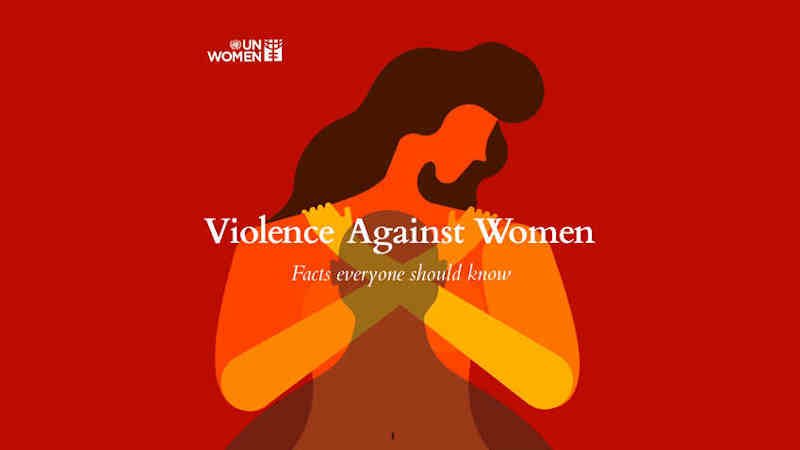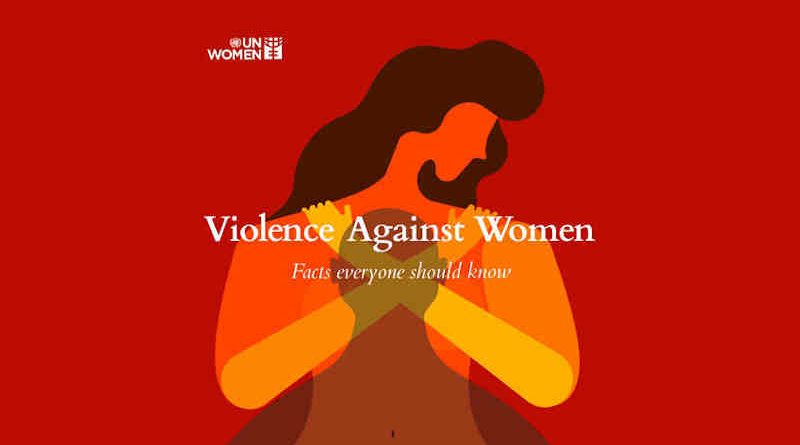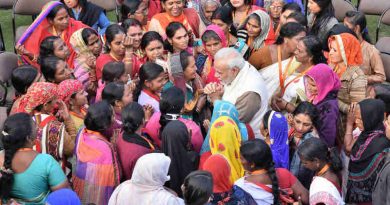Orange the World: Generation Equality Stands Against Rape

Efforts to prevent and end violence against women at the global, regional and national levels shows that there is widespread impunity on sexual violence and rape.
Starting on this year’s International Day for the Elimination of Violence Against Women (25 November), and for the next two years, the UN Secretary-General’s UNiTE to End Violence against Women campaign will focus on the issue of rape as a specific form of harm committed against women and girls in times of peace or war.
“Sexual violence against women and girls is rooted in centuries of male domination. Let us not forget that the gender inequalities that fuel rape culture are essentially a question of power imbalances,” said UN Secretary-General António Guterres.
The 2019 theme for the International Day for the Elimination of Violence Against Women is ‘Orange the World: Generation Equality Stands Against Rape’. Like in previous years, this year’s International Day will mark the launch of 16 days of activism that will conclude on 10 December 2019, which is International Human Rights Day.
Several public events are being coordinated for this year’s International Day. Iconic buildings and landmarks will be ‘oranged’ to recall the need for a violence-free future.
Disturbing Data
- 1 in 3 women and girls experience physical or sexual violence in their lifetime, most frequently by an intimate partner
- Only 52% of women married or in a union freely make their own decisions about sexual relations, contraceptive use and health care
- Worldwide, almost 750 million women and girls alive today were married before their 18th birthday; while 200 million women and girls have undergone female genital mutilation (FGM)
- 1 in 2 women killed worldwide were killed by their partners or family in 2017; while only 1 out of 20 men were killed under similar circumstances
- 71% of all human trafficking victims worldwide are women and girls, and 3 out of 4 of these women and girls are sexually exploited
- Violence against women is as serious a cause of death and incapacity among women of reproductive age as cancer, and a greater cause of ill health than traffic accidents and malaria combined.
💛 Support Independent Journalism
If you find RMN News useful, please consider supporting us.




